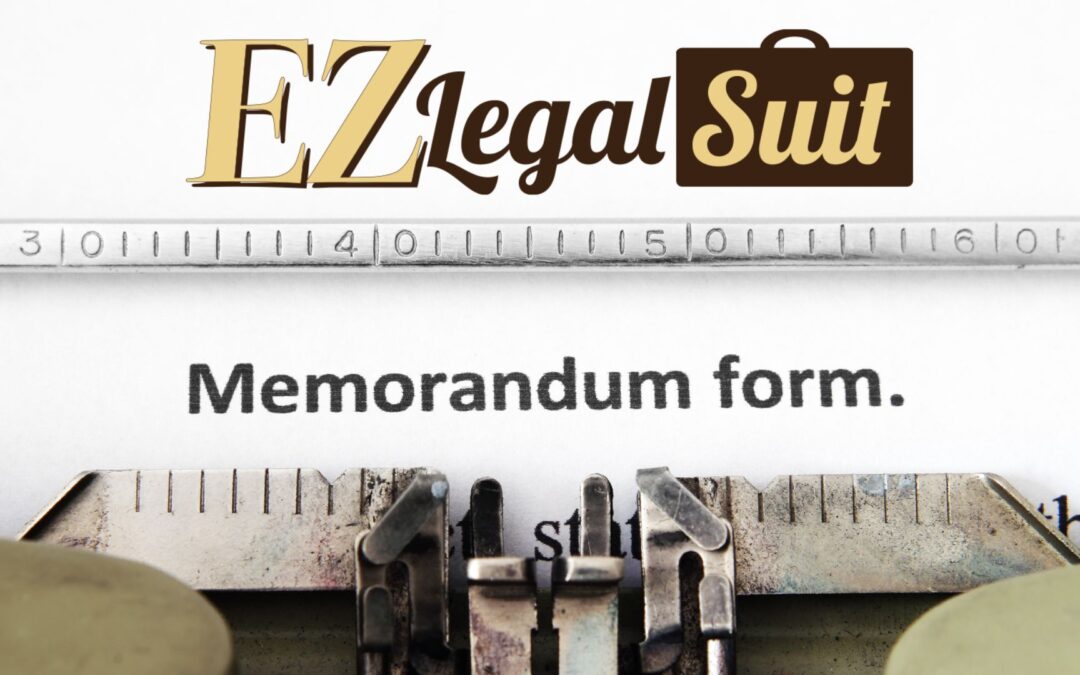Here are some laws and legal notes found regarding Child Support in the State of New Hampshire. Relevant family case law for the care of children and legal argument. Laws may be similar in your state. Example – In 1955, New Hampshire enacted the Uniform Civil Liability laws, which appears to be connected with the Federal Uniform Civil Liability Act.
Reading this short law set will give you great understanding of the legal basis and thoughts behind Child Support. See my Memorandum of Family Law for my notes and thought.
You can read the Uniform Support Act – NH Child Support here. This is not legal advice – you should consult a lawyer.
Please read New Hampshire Oliver Twist to see how this affects children and families.
Chapter 460
HUSBAND AND WIFE
Rights of Married, Unwed – Section 460:15
460:15 Custody of Children. – No person shall take from the custody of such wife any minor child of the marriage residing with her, or remove the child from this state against the consent of the mother.
Source. RS 149:7. CS 158:7. GS 164:8. GL 183:7. PS 176:11. PL 288:12. RL 340:12.
460:20 Custody of Children. – No person shall take from the custody of such husband any minor child of the marriage residing with him, or remove the child from this state against the consent of the father.
Source. 1947, 34:1, par. 13-d, eff. March 13, 1947.
False Allegations of Abuse – Miller v Todd (2011)
“The change addresses the claim, identified in In the Matter of Miller & Todd, 161 N.H. 630 (2011) that providing for mandatory review of appeals involving married parents, but discretionary review of appeals involving non-married parents raises constitutional concerns.” Rule 3 – Definitions, N.H. R. Sup. Ct. 3
This case talks about discrimination for marital cases and the 8 years of false allegations. Truly heartbreaking.
Section 546-A:2
546-A:2 Liability. – Every person whose income or other resources are more than sufficient to provide for his or her reasonable subsistence compatible with decency or health owes a duty to support or contribute to the support of the following persons when in need: his or her wife, husband, or child under the age of 18 or for as long as the department of health and human services has the authority to recover support for the child under Title IV of the Social Security Act.
Source. 1955, 206:1, par. 2, eff. June 20, 1955. 2013, 212:2, eff. Jan. 1, 2014.
Common Law Marriage – Section 457:39
457:39 Cohabitation, etc. – Persons cohabiting and acknowledging each other as husband and wife, and generally reputed to be such, for the period of 3 years, and until the decease of one of them, shall thereafter be deemed to have been legally married.
Source. RS 149:11. CS 158:19. GS 161:16. GL 180:16. PS 174:15. PL 286:36. RL 338:39.
Section 460:2-a
460:2-a Antenuptial Agreements. – Two people in contemplation of marriage may enter into a written interspousal contract and the courts of this state shall give the same effect to such contracts entered in other jurisdictions as would the courts of that other jurisdiction. However, no contract otherwise enforceable under this section may contain any term which attempts to abrogate the statutory or common law rights of minor children of the contemplated marriage.
Source. 1981, 369:1, eff. Aug. 22, 1981. 2023, 4:1, eff. June 25, 2023.
Wealth and Assets Shall Be Considered
The court must consider wealth including income, assets and money for support, regardless of whether the parents were married or not.
Uniform Civil Liability for Support
Passed into law in 1955, this Act connects Title IV of the Social Security Act (1935), Child Support and spousal support within the court. It is likely passed in some form in your state, and acknowledges that a rich parent should not be collecting child support from a parent with less wealth.
This includes income and assets. It was updated in New Hampshire 2008 and 2014 – the law is current. See RSA 546-A for yourself.
Section 546-A:5
546-A:5 Amount of Support. – When determining the amount due for support the court shall consider all relevant factors including but not limited to: (a) the standard of living and situation of the parties; (b) the relative wealth and income of the parties; (c) the ability of the obligor to earn; (d) the ability of the obligee to earn; (e) the need of the obligee; (f) the age of the parties; (g) the responsibility of the obligor for the support of others.
Source. 1955, 206:1, par. 5, eff. June 20, 1955
Domestic Violence Protection Orders – RSA 173-B Extensions
One parent, typically the woman, will file a fictitious domestic violence petition in Family Court to gain strategic advantage in court. They also can get child support immediately.
VI. Any order under this section shall be for a fixed period of time not to exceed one year, but may be extended by order of the court upon a motion by the plaintiff, showing good cause, with notice to the defendant, for one year after the expiration of the first order and thereafter each extension may be for up to 5 years, upon the request of the plaintiff and at the discretion of the court.
The court shall review the order, and each renewal thereof and shall grant such relief as may be necessary to provide for the safety and well-being of the plaintiff.
A defendant shall have the right to a hearing on the extension of any order under this paragraph to be held within 30 days of the extension. The court shall state in writing, at the respondent’s request, its reason or reasons for granting the extension. The court shall retain jurisdiction to enforce and collect the financial support obligation which accrued prior to the expiration of the protective order.
Stop the Silver Bullet Now – End Civil Domestic Violence Fraud


